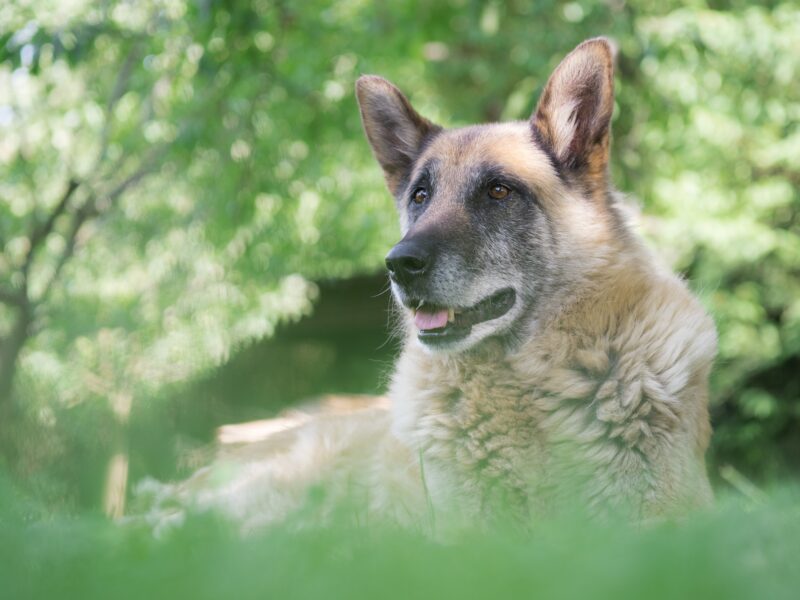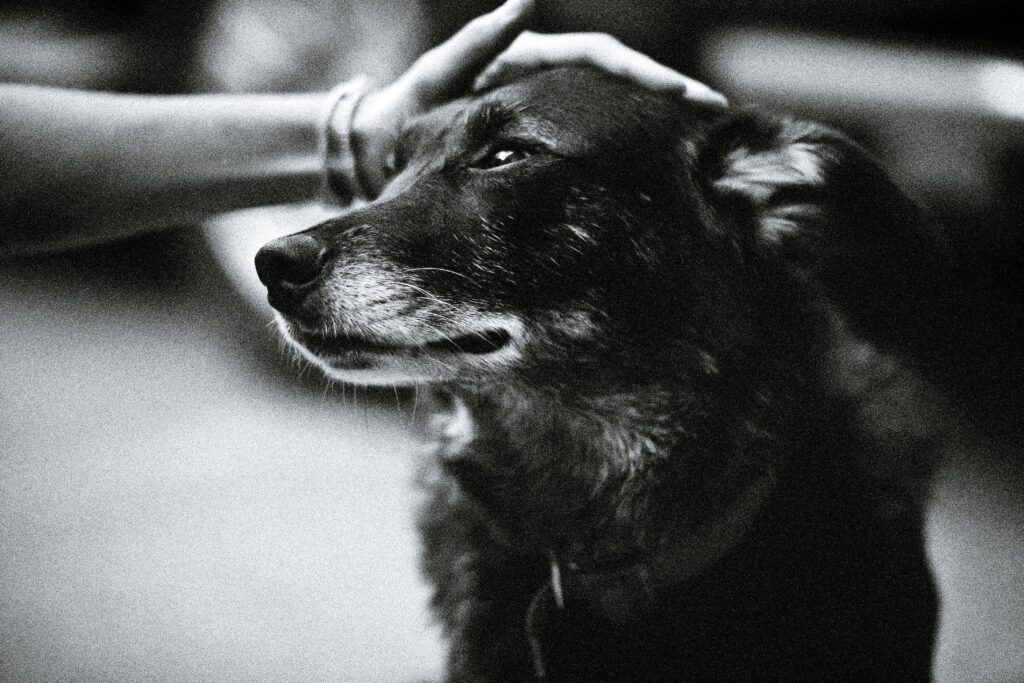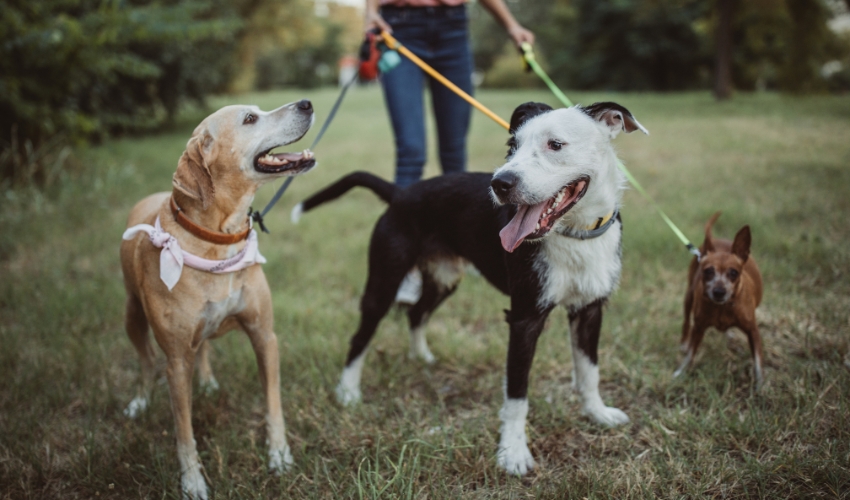The word “cancer” refers to a broad range of illnesses, each distinct in its causes, symptoms, and therapeutic difficulties. This unforgiving enemy necessitates a sophisticated understanding and an all-encompassing approach to diagnosis and therapy, from the enormous challenges presented by lung and breast cancers to the enigmatic character of blood-related malignancies like leukemia. Cancer conjures up images of both terror and hope, describing a class of illnesses in which the body’s cells begin to grow out of control. It resembles an internal uprising in which healthy cells decide to forsake their regular functions and start proliferating, invading adjacent tissues. It is important to understand cancer because it can affect people of any age and occurs in several forms, each with its own features.
But what do you do when your fur baby is diagnosed with cancer?
Finding out that your cherished dog has cancer can be a devastating and overwhelming experience. This disease may affect dogs just like it can humans, and finding out about your pet’s diagnosis can cause a range of feelings, from shock to despair. The path ahead may include trips to the vet, choices about your dog’s course of treatment, and emotional support for both of you. Navigating the future will require an understanding of the fundamentals of canine cancer, including the type and stage. Even though this is clearly a difficult moment, there are tools, veterinary treatment, and a supportive pet owner community available to provide advice and consolation. By working with your veterinarian, you may discuss alternatives, provide your pet the finest care possible, and treasure the happy and companionable times you share with them while keeping an eye on their wellbeing all along the way.
What are the more common types of cancer in dogs?
According to American Kennel Club, recent study shows the most common cancers in dogs are as follows:
- Mast cell tumors
- Melanoma
- Lymphoma
- Osteosarcoma (bone cancer)
- Hemangiosarcoma
- Soft-tissue sarcomas

It is crucial to diagnose cancer in dogs accurately for a number of reasons. First of all, it gives vital details on the type of cancer, enabling vets to customize treatment regimens according to the unique features of the illness. Since every cancer behaves differently, a precise diagnosis is essential to choose the best possible treatments. Determining the cancer’s stage—which signifies how far along it has gone and whether it has spread to other bodily parts—is made easier with an accurate diagnosis. Veterinarians and pet owners can use this information to make well-informed decisions regarding treatment options, possible results, and general canine health management. It is essential for prognosis.
Accurate diagnosis allows for early intervention, which is critical in increasing the likelihood of a successful course of therapy. Early detection of cancer enables the start of treatments like radiation, chemotherapy, or surgery, which may lessen the disease’s overall effect on the dog’s quality of life.
Furthermore, a precise diagnosis aids in the veterinarian’s comprehension of the dog’s general health status and enables them to address any coexisting illnesses or variables that might affect treatment choices and results. Determining the particular kind of cancer that a dog has can help with current research endeavors by offering important information about the nature of the illness, possible genetic influences, and new developments in treatment that will benefit the individual dog as well as advance our understanding of cancer in dogs as a whole.
To sum up, a precise diagnosis of canine cancer is essential for developing appropriate treatment plans, assessing prognosis, enabling early intervention, attending to general health issues, and expanding our knowledge of the disease.
Varieties of treatment and their possible side effects
According to Dr, Brown, Chief Executive Officer and Chief Scientific Officer for the AKC Canine Health Foundation, surgical treatment, chemotherapy and surgery together, radiation therapy, chemotherapy on its own, and immunotherapy are possible forms of treatment. Cancer vaccinations are a part of immunotherapy; a canine melanoma vaccine is currently accessible. Other immunotherapy approaches are also being researched, in which the dog’s immune cells are essentially used to destroy its own cancer cells.
In general, animals are more tolerant to treatments like chemotherapy than people are. While many dogs don’t have many negative effects, some may develop diarrhea or vomiting. While dogs don’t typically lose their hair as people do, they might suffer from low blood cell counts, compromised immune systems, and other conditions that make them more vulnerable to various illnesses. Dr. Brown highlights an additional distinction between cancer in dogs. “I believe that one of the main distinctions between dogs and humans is that dogs lack anticipation and so don’t know what to expect. They are jumping in and out, giving the fact that they have received treatment in a form of chemotherapy.
Why cancer is not tantamount to a death sentence.
In conclusion, even while learning that your dog has cancer might be devastating, it’s critical to keep in mind that a cancer diagnosis does not always mean that your dog will die. Many treatment options are available due to advancements in veterinary science, and many dogs respond well to therapy, leading to an excellent quality of life. A dog’s prognosis can be greatly impacted by early discovery, individualized treatment programs, and continued care. Dogs with cancer can frequently go on to lead happy and fulfilled lives with the help of veterinarians, pet owners, and the affection from their family. Since every dog is different and has a unique cancer path, it is crucial to remember that compassion, hope, and a dedication to giving our beloved pets the best care possible are essential.













